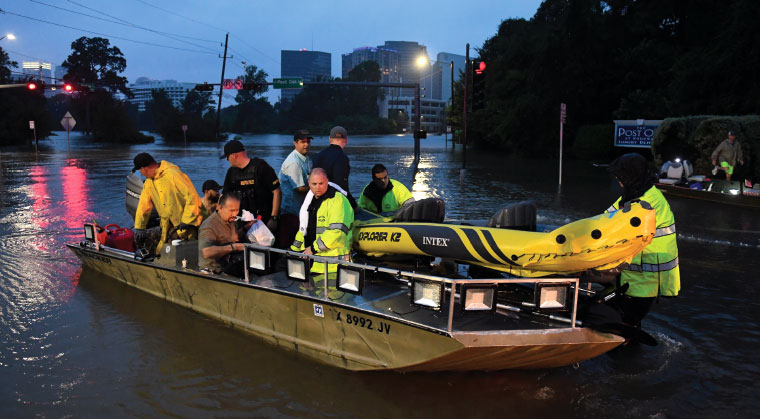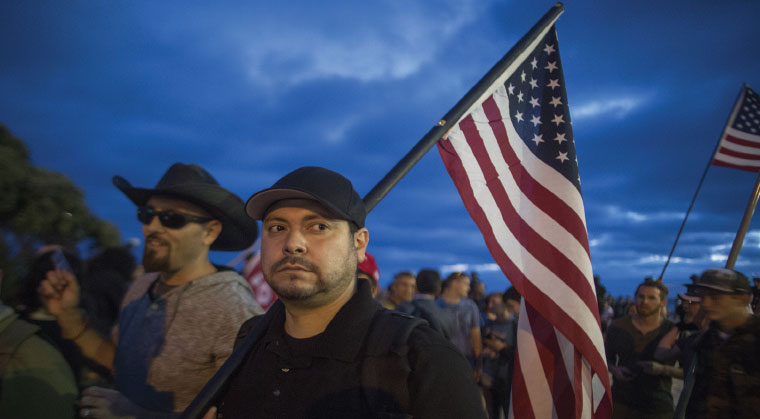On a Collusion Course


BETTER OR WORSE? Now it’s the president’s own son Donald Jr. who is facing charges of collusion. Is what he is accused of any different or worse?
1. Is there a clear legal definition of collusion?
Legal dictionaries tend to define collusion as a deceitful agreement or secret arrangement between two or more persons to gain an unfair or illegal advantage over a competitor or to defraud someone of their rights.
2. Are there any famous examples of political collusion or attempted collusion in presidential campaigns prior to 2016?
Yes. In 1968 when protests against US involvement in the Vietnam War hit its peak Republican Richard Nixon opened a secret channel to America’s ally South Vietnam telling them to stall peace talks with North Vietnam because he would get them a better deal than his Democratic opponent Hubert Humphrey. And in 1984 Democrat Ted Kennedy sent a former Senate colleague John Tunney of California to meet with the Kremlin to exchange ideas on arms-control issues that Kennedy thought could be used to complicate President Reagan’s reelection bid. Former president Obama also got caught on a “hot microphone” telling former Russian president Dmitry Medvedev that once he got reelected he would be able to “show more flexibility ” although no one ever figured out quite what he meant by that.
3. Is such collusion illegal?
It is always scandalous if it becomes public knowledge. But legal scholars concur that collusion is a catchphrase that shows intent but doesn’t always mean that a crime was committed.
4. So many associates of President Trump past and present seem to have connections to Russia. Call it what you want but isn’t collusion a fair term to describe that?
Having business ties or meeting with Russians even government officials or representatives is perfectly legal. What may get those Trump associates into legal trouble is that they failed to report those contacts during sworn testimony in confirmation hearings or on government forms when seeking security clearance. That’s mostly past tense with people like Paul Manafort and Michael Flynn who are long since gone but it’s an omission that’s still dogging Attorney General Jeff Sessions who didn’t reveal all of his meetings with Russia’s US ambassador.
5. Now it’s the president’s own son Donald Jr. who is facing charges of collusion. Is what he is accused of any different or worse?
It’s both different and worse because it’s not just an error of omission that could be attributed to a memory lapse. Donald Jr. agreed to hold a meeting with a supposed “Russian government attorney” who claimed to have damaging information on his father’s opponent Hillary Clinton. This could potentially be in violation of the 2002 Bipartisan Campaign Reform Act (BCRA).
6. What does the law say?
The BCRA prohibits “a foreign national directly or indirectly to make a contribution or donation of money or other thing of value… in connection with a Federal State or local election.”
7. How did this meeting potentially violate that law?
Many legal scholars contend that agreeing to the meeting was a case of poor judgment and no crime was committed. However other legal minds say that in an era when all political campaigns conduct “opposition research” to gather information they can use against political opponents the offer of damaging information on Clinton could be considered a “thing of value” and could imply a conspiracy to violate a campaign law.
8. Yet we also know that Russia is always trying to influence our presidential campaigns in one way or another. Why is this case a bigger problem?
Various courts have interpreted the BCRA to mean that there is nothing illegal about a foreign national advocating in America on behalf of any particular issue. For example it would be fair play for Russia to seek an advocate even in a political campaign who will agree to propose dropping sanctions over Russia’s invasion and annexation of the Crimea. However the courts have also ruled that any speech or expenditure that expressly advocates the election or defeat of a political candidate would be a violation of the BCRA and some legal experts contend that offering “dirt” on a politician is akin to openly advocating for their opponent.
9. Bottom line how serious is this case and does it have the potential to be a plug-puller on the Trump administration?
It would be a stretch to presume that the Don Jr. lapse will prove to be his father’s undoing. At the end of the day Don Jr. didn’t receive any incriminating information on Hillary at that meeting. And even if he did there is little or no legal precedent to indict someone for campaign law violations for receiving information. And under federal sentencing guidelines the normal penalty for campaign law violations runs in the range of a $5 000–$25 000 fine and or one to five years in jail and not the impeachment of a sitting president. (Originally featured in Mishpacha Issue 669)
Oops! We could not locate your form.













